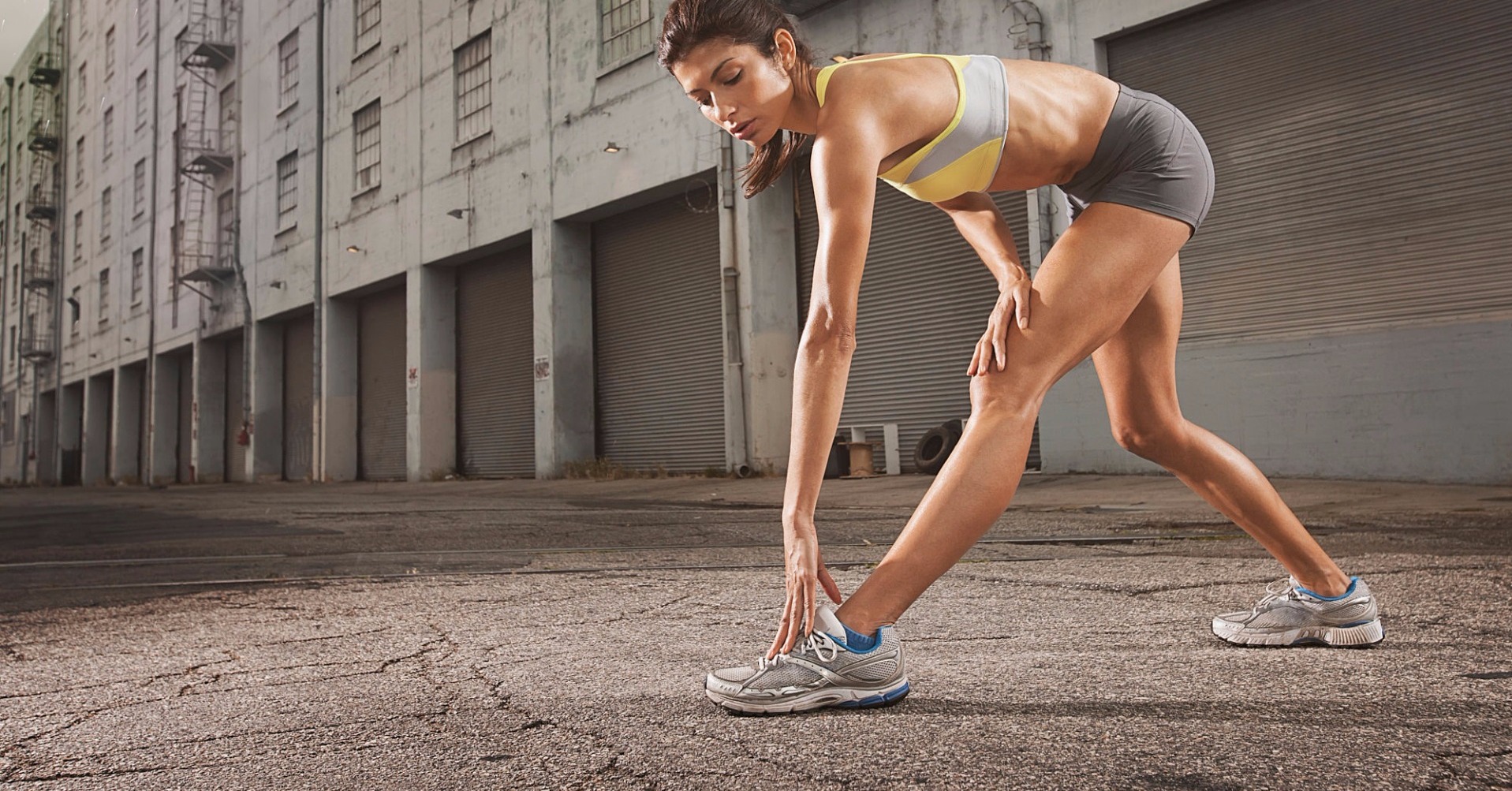How you should Alter your 'G'ravity: Why you Definitely don't need Alter G treadmills

I had the benefit of having a mentor that was revolutionary and insightful, and was able to become an expert with a specific niche of patients: runners. Anytime I hear or read something that goes against what he preached I get pretty skeptical and have to dig into it to find the truth. This guy could literally be in his office treating someone, and hear someone running on the treadmill and know he was landing too far on the outside of his foot, or not stabilizing at his hip on one side. Yeah, he was good.
He got so good, he could recognize a former patient from years earlier by his gait pattern if he happened to be running behind him in a race.
He was so good, that he could pick up someone's shoe, feel the wear pattern through the inside, and point right to where the patient had pain on his foot... and be totally right! like, damn...
I'd argue that someone like that probably knew what they where talking about. When it came to runners, there was pretty much nothing that he was wrong about. I'll contend that he was also correct, although never having compared the results of using these two different treadmills himself, when it came to the use of anti gravity treadmills.
I'll never really forget what he said about those air pressure treadmills that alter the amount of gravity you feel while running. Simple and direct, as was his style, he said "I'll show you how to alter your G; if you can't weight-bear, cool here's some crutches... you can weight-bear a bit? sweet here's one crutch... you stopped limping? awesome, you can walk with some supportive shoes... oh, now you walk really good, (for like an hour at least?) perfect, let's see if you can hop, just a little bit. whoa, now you hop pretty well, guess what, you can start to run now."
Essentially, he laid out the progression for how mankind has been progressively increasing their weight-bearing load following injury since the beginning of time. It's hard to argue with the overall success of that approach, right?
So it made me kind of sad to see that there was no one out there bashing the anti-gravity treadmill for being a waste of money and gym space. My google search yielded nothing saying that this thing was pretty much useless for the running population. So finally I get to be the first one to say something that hasn't been said yet. cool. (my boss said it but he never wrote a blog post about it)
I don't really have a problem with technology. But I do think I have a problem with unnecessary technology. Let me see if I have this right -- this company wants me to pay $50,000 for something I can do, and take the same amount of time doing, just as well without dropping 50k? Yea, I'm good.
Not to mention theres a constricting band around your waist that 'alters' your mechanics... na, no thank you. I'd like my recovering runners uninhibited and not developing bad habits.
Amazingly, the research agrees with me. Even the podiatrist conducting a study that owns stock in Alter-G concluded that the return to running time was the same for patients who used the Alter-G and those that didn't. (1)
Also pretty interesting is that patients recovering from knee replacement surgery did no better using the anti-gravity treadmill than those who didn't use it (2).
To recap: For orthopedic injuries, there is no evidence that the alter-g works better than without it.
That said, it does work (just not any better). So if you'd like to use it, go for it. Just don't dish out a bunch of cold hard cash to add it to your gym, or pay extra as a patient to get access to one.
References:
1. Use of an Anti-gravity Treadmill in the Rehabilitation of the Operated Achilles Tendon: A Pilot Study
Amol Saxena, DPM, FACFA, SDPM, FACFAS Amol SaxenaEmail the author DPM, FACFAS Amol Saxena, Allison Granot, MSPT
2. Use of an Anti-Gravity Treadmill for Early Postoperative Rehabilitation After Total Knee Replacement: A Pilot Study to Determine Safety and Feasibility.
this post is dedicated to the memory of Bruce R Wilk.